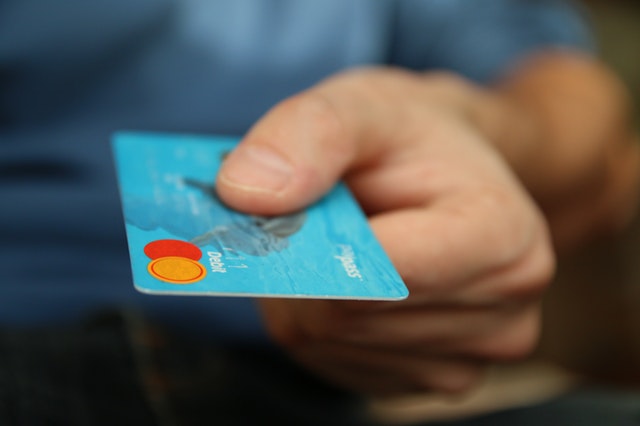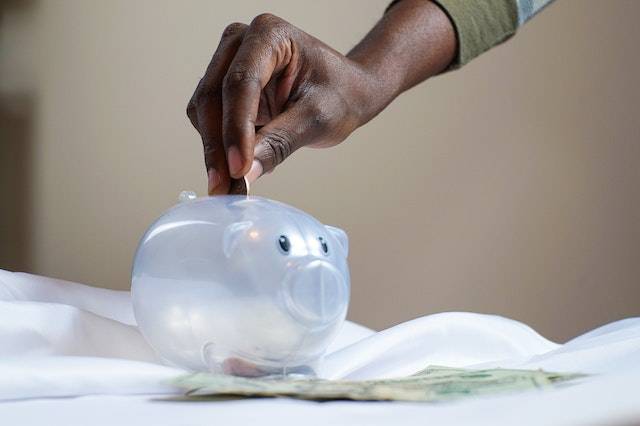There are plenty of lessons you’ll learn for yourself in your 20s and 30s, but there are also things that are worth learning from other people. Managing your finances is one such nugget of knowledge.
The sooner you get a grip on managing your finances, the better off you’ll be. Knowing how to budget, save and stop wasting money will stop you from getting into debt, help you plan for your future as well as help you sleep better at night.
Avoid mistakes by learning from those that have come before you with these lessons to learn about money, fast.
You don’t have to follow your parents
Just because your parents have a certain way of managing your money, doesn’t mean that you have to adopt the same methods. For example, a joint bank account with your partner might not be the best solution for you. They might also have a different approach to saving from you, which is also fine.
Managing your money is easier now because of online banking and other tools. You can check balances on the go, make payments electronically and can even pay for things with your phone.
Your parents can still offer you financial advice, but it’s good to know that you have other options to choose from.
It’s never too early to save
You can spend a large portion of your 20s ignoring the chance to save. While you might think that you’re ‘living in the moment’, it’s actually important to start thinking about your future. Even if you can only make a small amount of savings, it’s a good habit to practice to help you save more in the future.
It’s possible to make small savings every day. You can find plenty of tips on how to save money all over the internet, as well as listen to friends and family. Put money aside for some short-term savings and where possible, start thinking of the bigger picture like putting money down on a property.
Buy cheap, buy twice
While you’ll want to save money where you can, it’s an important lesson to learn that not all bargains are actually worth it. Quality over quantity is important, and if you can get something that’s higher quality for a few dollars more, this is a good habit to start. Is there a point buying something because it’s cheap, just to have to buy it again months down the line? Consider this when buying furniture, technology, etc.
Are you a fan of fast fashion? This sort of attitude towards buying your clothes can actually turn out to be costly, especially if you’re constantly buying clothes in a bid to keep up with trends. But you should also consider the environmental impact. Think about quitting fast fashion so that you can invest in higher quality clothing that looks better and lasts.
Protect yourself
Insurance is not something you want to ignore. You need insurance for all kinds of things, including your health and your belongings. Making sure you take out the right policies is important, and could help make sure that you’re protected against different possibilities in the future.
As well as having insurance, you should also think about any legal help you might need in the future. You’ll need a lawyer to be able to buy a property, as well as help you out if you’ve had an accident of some kind. There are some brilliant personal injury lawyers at your service who can help you with your case if you’re owed compensation from those that cause the accident. While this is hopefully something you’ll never have to think about, it’s good to have the details to hand in case you ever need them.
Set goals for yourself
Making the decision to take better care of your finances is a positive step in the right direction. However, you could find things more difficult than you realized if you don’t have a plan in place. Setting financial goals for yourself can help you stay on track and gives you something to aim for.
Different kinds of financial goals include saving for a short-term or long-term goal, saving for retirement or saving for a large purchase like a car, house or paying for a wedding. It could also mean paying off debts or being able to make it through to your next paycheck without worrying about money. With some clear goals in place, you can have the motivation to be better with your money.
Let budgeting be your best friend
Do you have a budget in place? Budgeting is often confused with ‘cutting back’, when it’s actually about having greater control of your outgoings – something that is no bad thing, right?
By starting a budget, you’ll have a much clearer idea of your income and outgoings and be able to make some wiser spending choices too. Budgeting allows you to think carefully about how much you get to spend each week, as well as what you can afford to put away in savings each month. A budget can be easy to stick to and will help you develop better habits in the future.
Find additional ways to make or save money
More and more people are starting side hustles as a way to make more money. If you find that your income doesn’t stretch very far, then this could be a good way to top up your income. You could make money blogging, offering freelance services and more to help stretch your money further and help you with your financial goals.
Whatever your current financial situation, you can improve things with the right attitude and a willingness to make changes. There are a lot of things you’ll learn about money along the way, but the sooner you learn to be responsible with your finances, the better your financial future will be. Are there lessons you’ve learned about money you wish you’d known back then? It’s great to share your ideas with others and help people become more financially savvy.


